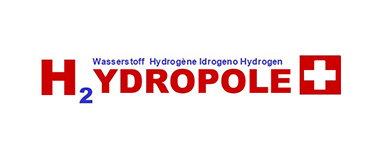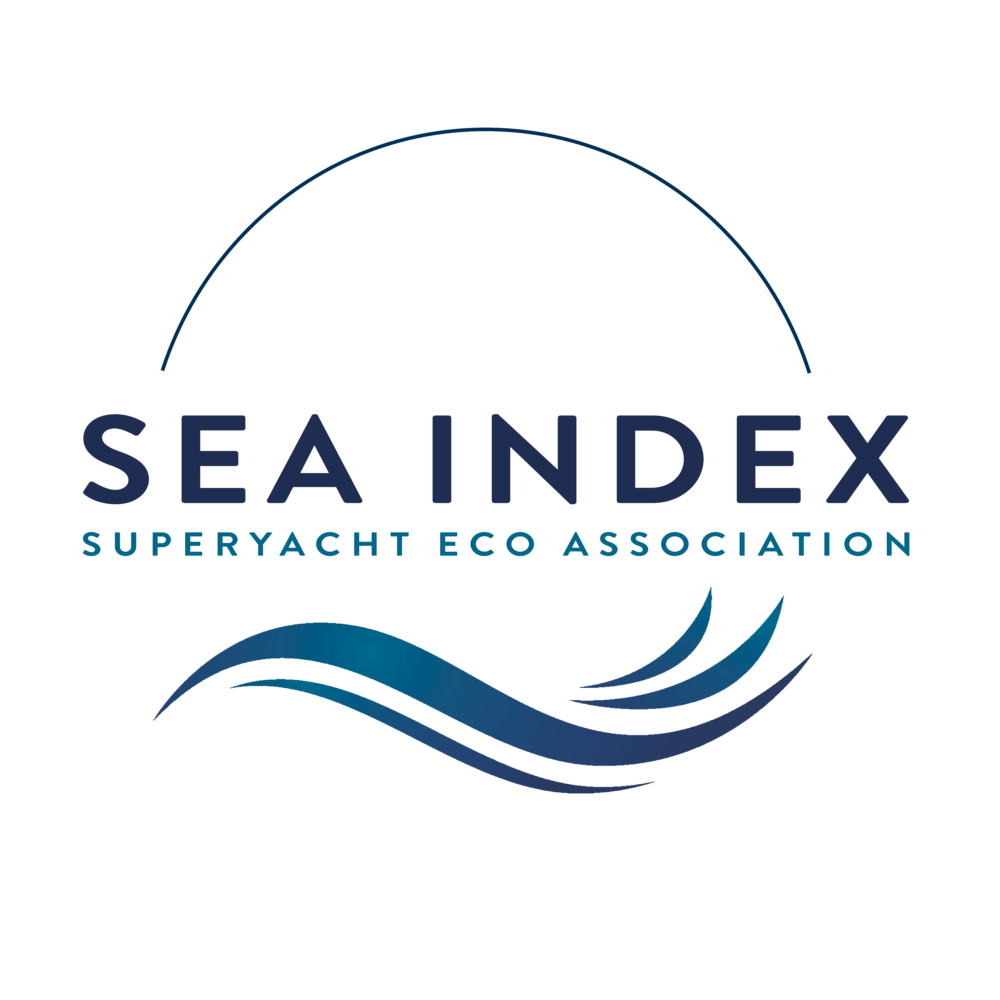Sustainability

True freedom comes without compromises. That is how we built AQUON One. The solar catamaran creates and runs on its own renewable energy. It pioneers green hydrogen to power the electric engines with fuel cells, free from CO2 emissions and any engine noise. AQUON One is silent cruising in tune with the environment.
Why AQUON One is sustainable


Renewable energy

Renewable energy

Zero-emissions propulsion

Zero-emissions propulsion

Silence

Silence

Energy efficiency

Energy efficiency

Waste water treatment

Waste water treatment

Sustainable materials

Sustainable materials
Considering
the Entire Lifecycle


Design & Construction
AQUON One is a pioneer in sustainable and luxury yachting. The yacht design and construction follow three principles: highest quality, sustainability and efficiency…

Design & Construction
AQUON One is the first hydrogen-powered yacht which pioneers sustainable luxury from a holistic and circular aspect. All materials are carefully selected to be of highest quality. Where possible, materials are organic, renewable or recycled.
During the construction process, we explore innovative ways to minimize material waste. Our shipyard takes great care of their employees and is familiar in producing high-end superyachts.

Use
AQUON One offers emission-free and silent cruising by running on solar and hydrogen-powered electric engines. The eco-catamaran is extremely energy efficient. No fossil fuels…

Use
Living and cruising onboard AQUON One is a way to enjoy the ocean while respecting the environment. With our innovative propulsion system, cruising is completely silent and emissions-free. AQUON One does not harm the environment in passing, neither through air pollution, water pollution, nor noise pollution. Everything onboard is planned and created to consider a useful lifecycle — from the materials to the waste system to the most efficient use of energy on board.

Recycling
Sustainability must consider the entire lifecycle and also include options for the end-of-life of the product. We maintain a detailed material catalog for full transparency over the used…

Recycling
When selecting any material for the AQUON One, we realize the impact these materials have on their environment. To start, the longevity and durability of our quality products are important factors. Moreover, we keep a detailed record to tracks what materials are built-in and where. This material catalog also informs how to recycle or dispose of each element by the end of its lifecycle. By aiming for a modular design and using primarily sustainable materials which can be reused, composted, or recycled, AQUON One minimizes its long-term impact on the environment. We also offer assistance to owners to ensure responsible remodels or eco-conscious end-of-life of the yacht.
-
 SUSTAINABLE MATERIALS
SUSTAINABLE MATERIALSBamboo
AQUON One uses bamboo wall paneling of narrow strips of solid FSC-certified bamboo which are placed on a fleece carrier layer. The caramel shade used on AQUON One is achieved without any chemical stain, by simply steaming the bamboo instead. Each bamboo plant binds large quantities of CO2 before it is harvested. As one of the fastest growing plants, bamboo can be harvested as early as 5 years after planting (compared to at least 80 years for most tropical woods). During harvest, the roots remain in the soil, forming the next young bamboo plants.
Bamboo cultivation is suitable where other forms of agriculture and forestry are not possible due to the terrain. This brings a sustainable source of income to communities which often are disadvantaged by climate change. As a more sustainable alternative to tropical woods, the use of bamboo also reduces deforestation of rainforests. Despite the long transport distance from Asia, a Life Cycle Assessment study by the Technical University of Delft shows that this product is CO2 negative and significantly better than tropical hardwood when considering its entire life cycle: Bamboo meets emission class 1 standards.
-
 SUSTAINABLE MATERIALS
SUSTAINABLE MATERIALSCork
Natural cork is decorative and especially well-suited as floor and wall covering in wet areas as it does not absorb moisture. The material is pleasantly warm to the feet, lightweight, easy to care for, and has great sound and heat insulation values.
On-board AQUON One, we use Portuguese cork from sustainable production. The natural cork is placed on a carrier layer of recycled and compressed cork granulate and sealed with a water-based PUR protective layer. Even if the protective layer is damaged, cork naturally does not absorb water.
Cork is the bark of a cork oak, which is first peeled by hand after 25 years. The tree is neither felled nor damaged during harvest. The bark regenerates and can again be harvested in about 9 years. When peeled, the oak tree absorbs more CO2 than unpeeled trees. The cork oak is native to Portugal and the Mediterranean region and provides local jobs. By preserving the stock of cork oaks, this also preserves the natural habitat of endangered species native to these regions.
The production is located in Portugal, raw materials come from the surrounding area. The leftovers from the production of the cork decor layers are processed into granulate, which in turn is used as a carrier layer in the production process. Even the dust produced during grinding is extracted and used on-site to generate heat. The material used is given the best possible emission class in various international test procedures.
-
 SUSTAINABLE MATERIALS
SUSTAINABLE MATERIALSRecycled Leather
The floors on AQUON One are made to 80% of natural materials, over 35% of which are recycled materials that would otherwise have been disposed of.
For instance, the main floor is covered by genuine leather which is recycled from shoe production. Leather is very pleasant and warm to the touch and has great sound and heat insulation values. Due to a protective layer of water-based PUR, it is easy to clean and very insensitive to dirt. The leather fulfills emission class 1 standards, meeting very strict emission values.
-
 SUSTAINABLE MATERIALS
SUSTAINABLE MATERIALSNatural fibre
Some walls on AQUON One are covered with a fabric made of flax and carbon fibres. The flax fibres are harvested in France and Belgium. They achieve a negative CO2 value over their lifecycle. The carbon fibre is required for strength. However, the blended flax and carbon fibre fabric used on board AQUON One has a 75% lower CO2 footprint than a comparably strong pure carbon fibre fabric.
-
 SUSTAINABLE MATERIALS
SUSTAINABLE MATERIALSVeneer
The furniture on board AQUON One is crafted from large blocks of glued and ecologically-dyed veneer. This technique uses more of the original tree trunk, reducing wood waste. Since the veneer is stained in the factory, there is no need for the usual subsequent staining in the joinery. This minimizes the overall use of stain during production.
Our chosen manufacturer further controls all steps of the FSC-certified wood value chain: from owning sustainably managed plantations with special focus on biodiversity, to running their own sawmills in Italy and overseas with strict labor and safety guidelines to protect employees across all production sites.
Before harvesting, each tree naturally binds large quantities of CO2. The veneer meets the highest emission class 1, which applies strictest emission values.
Contribution towards the UN Sustainable Development Goals

While we support all 17 UN Sustainable Development Goals (SDGs), the AQUON One contributes particularly to the following four SDGs.
AQUON One produces green hydrogen on board from solar energy. This powers an electric engine, eliminating noise and diesel fumes. The only exhaust is clean water vapor (SDG 6 clean water, SDG 13 climate action, SDG 14 life below water). Our goal is to stimulate more usage of green hydrogen as a clean and renewable alternative to fossil fuels (SDG 12 responsible production and consumption, SDG 13 climate action).

Partners


The trade association swisscleantech has over 350 members from across all sectors and industries in Switzerland. Members are committed to climate protection and have signed the associations’ charta.
Swisscleantech moves politics and society and ensures that Switzerland becomes CO2-neutral by 2050 at the latest. Swisscleantech members and partners are with the organization because they are convinced that Switzerland needs a business association with a strong voice for a climate-friendly economy, and that the latter is possible. The associations motivates decision makers in business, politics and society for positive climate action and brings together all players who pursue this joint goal.

The Swiss Hydrogen Association HYDROPOLE is the national network for hydrogen-related matters in Switzerland. HYDROPOLE is a knowledge and information cluster focused on all aspects of past, present and future use of hydrogen. HYDROPOLE serves as a platform for research, development, industry and other public or private organizations. Hydropole fosters knowledge of hydrogen and its application in the energy sector by providing information to the general public, the educational sector, developing industry as well as for policy needs. The association maintains close links with other hydrogen associations in Europe and worldwide.

AQUON is a member of “Friends of the Superyacht Eco Association (SEA) Index.” Established by the Yacht Club de Monaco and Credit Suisse, the non-profit organization developed a tailor-made tool for assessing the environmental performance of yachts. It allows shipowners, captains, or other yachting professionals to perform a self-assessment of their carbon footprint. The SEA index thus is an important step towards global industry standards. By providing transparency, the label incentivizes brokers, builders, and owners to design yachts with lower fuel consumption and less environmental impact. It’s time for zero-emissions yachting!
Are you ready to enjoy the future of yachting?
Contact our broker and have all the information you need.
Have some questions?
Swiss Sustainable Yachts AG
Brandschenkestrasse 24
8001 Zürich, Switzerland
contact@aquon.ch
+34 638 55 80 29
2022©Sustainable Yachts AG. All rights reserved.
